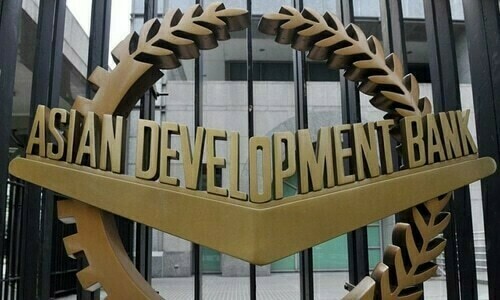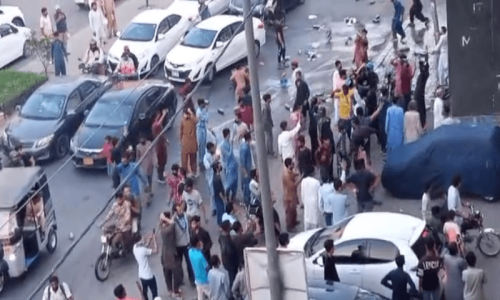ISLAMABAD: The National Commission on the Status of Women (NCSW) has expressed concern regarding the recent incidents of violence against women.
A statement issued on Wednesday says the main reason for the “alarming” increase in violence against women compared to last year is “the persistent and never changing patriarchal mindset and the poor implementation of laws”.
“Focus has been on the legislation of new laws but no heed has been paid on developing a mechanism for the already enacted laws. We are still unable to provide a secured and conducive environment to our women at the work place,” the statement says.
It says the recent incident of the shooting of a woman at a bus station in Faisalabad and the shooting of a women rights activist in DG Khan are examples of the overall attitude of society towards women and the negligent attitude of the law enforcing authorities when such incidents happen.
“The same story is repeated time and again starting from the registration of [an] FIR till the prosecution of the case in the courts,” it says.
The statement says NCSW has taken serious notice of the situation and not only condemns these incidents but also supports the families of the victims. It places responsibility on the government for not properly dealing with such situations.
“Women should be provided with full security and protection at their places of work, whether government or private. Private institutions particularly dealing with transport must be checked to see whether gender sensitivity is made part of the rules of business.
“The responsibility also lies on the political parties and their candidates in the coming elections to place women’s safety in workplace, neighbour-hoods and communities high on their agendas and it should be ensured that gender sensitivity is properly addressed in their manifestoes. Women in Pakistan are equal citizens and deserve respect and dignity,” the statement concludes.
Published in Dawn, June 21st, 2018















































